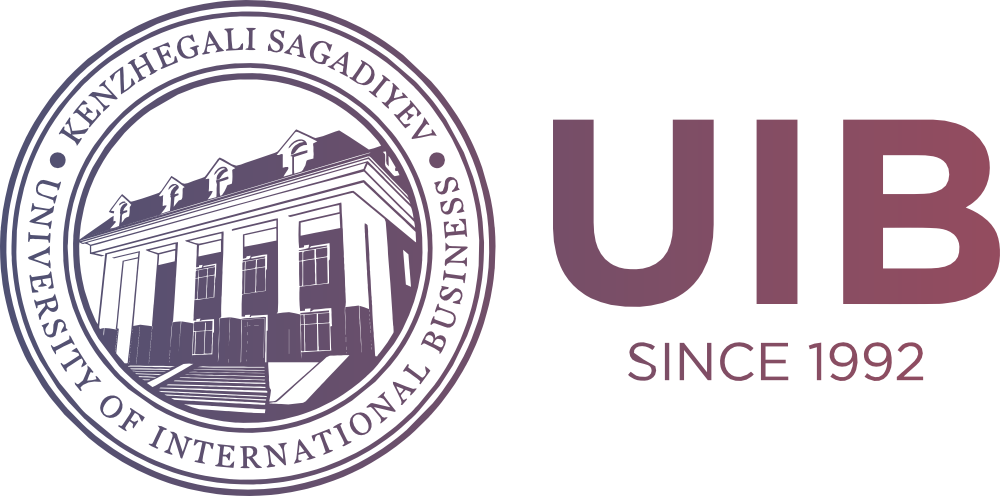A Study of the Relationship Between Job Crafting and the Job Performance of Employees in Pakistan
DOI:
https://doi.org/10.47703/ejebs.v3i65.102Keywords:
Job Crafting, Work Engagement, Job Performance, Job Demands-Resources (JD-R) TheoryAbstract
The purpose of this study is to examine the relationship between JC and the job performance of employees through an explanatory role of work engagement. An employee dedicated with his job is open to practice JC, ultimately develops the task and contextual performance of employee. This study is cross-sectional in nature and data was collected from IT sector specifically software houses employees using standard questionnaires. Total 350 questionnaires were distributed electronically and 300 valid questionnaire responses are used for data analysis purpose. Random sampling technique, is adopted to collect data from software houses employees. IBM SPSS version 20 software was used for preliminary data analysis and Smart PLS 3 was used to test the hypotheses of the study. Results revealed that relationship between JC and job performance is significant and work engagement partially mediates their relationship. A significant implication for practitioners here is that improvement in job performance of employees requires a bottom-up approach of JC in the organizations. Job Demands-Resources (JD-R) serves as a torch bearer in this study.
Downloads
How to Cite
Downloads
Published
Issue
Section
License

This work is licensed under a Creative Commons Attribution 4.0 International License.
Authors retain copyright and grant the journal right of first publication with the work simultaneously licensed under a Creative Commons Attribution (CC-BY) 4.0 License that allows others to share the work with an acknowledgment of the work’s authorship and initial publication in this journal.


